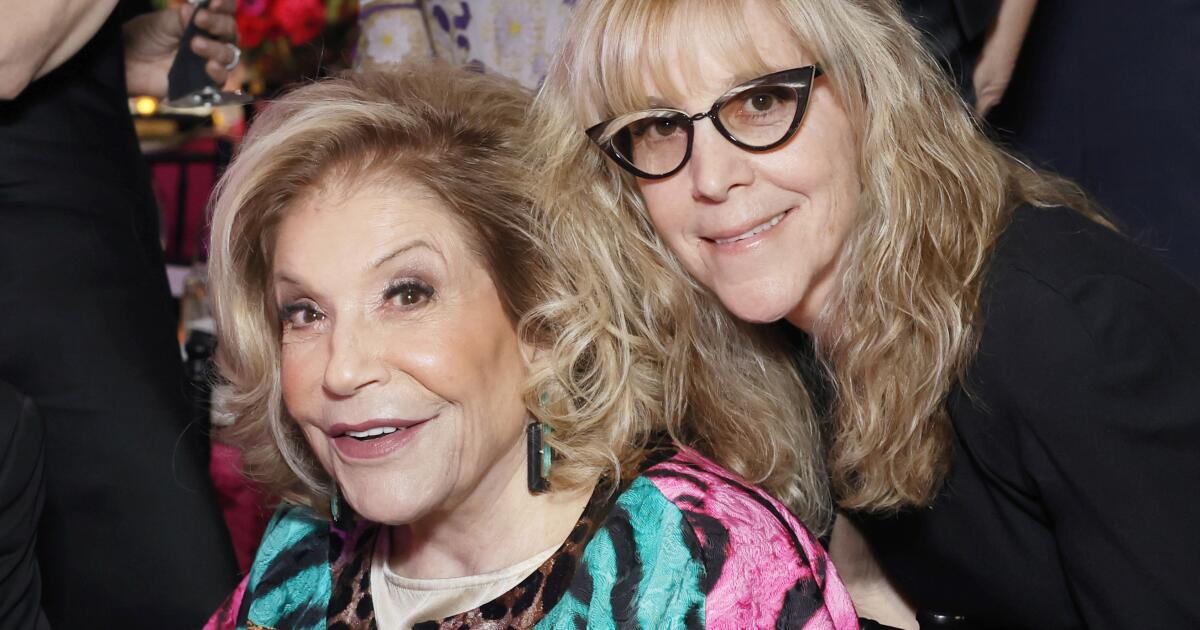In the last weeks of Wallis Annenberg’s life, a fierce battle erupted among her family and caregivers over her medical treatment. Her children—Gregory, Lauren, and Charles—raised serious concerns. They believed their mother was being mistreated, isolated from them and given too much medication. They specifically pointed fingers at her longtime partner, Kris Levine, and her sister, Vikki, who had control over Annenberg’s medical decisions.
The children claimed Vikki was hastening their mother’s decline with excessive narcotics. Court records revealed that they felt cut off from crucial information about her care, especially distressing was the idea that the Levine sisters planned to handle Annenberg’s body soon after her death without a proper farewell.
Vikki and Kris firmly denied these allegations, arguing that the claims stemmed from the children’s grief and a misunderstanding of their mother’s wishes. In a court filing, Vikki described her children’s accusations as vicious and unfounded, alleging a toxic environment during their visits.
Annenberg, an influential philanthropist, had chosen to enter hospice care as her health deteriorated. Vikki stated that Annenberg opted not to inform her children about her declining state, instead wanting to spend her remaining time peacefully.
On the medical side, Vikki’s legal team asserted that Annenberg was being well-cared for, receiving regular visits and medical attention. However, Annenberg’s children expressed alarm about changes in her care team, claiming that medications were mismanaged, leading to a state of near-coma.
Desperate for a resolution, the children sought intervention from the courts, requesting a change in caretakers. They feared their mother may only have weeks to live and didn’t want that time to be spent in a medically induced state. In a dramatic turn, the court agreed, suspending Vikki from her role as healthcare agent and appointing a professional fiduciary.
This dispute has drawn attention not only because of the family drama but also for its implications on elder care ethics. According to a study from the National Institute on Aging, family dynamics can significantly affect care choices in end-of-life situations, often leading to conflicts that jeopardize a patient’s well-being. The rise of such legal battles reflects a growing concern about patient rights and the role of family in critical decision-making, especially in cases with substantial wealth on the line.
Wallis Annenberg’s generous legacy includes substantial philanthropic contributions, totaling around $1.5 billion, primarily benefitting organizations across Los Angeles. While her death triggered public mourning, the internal conflict within her family continues to highlight complex issues surrounding grief, responsibility, and care in the final days of a loved one’s life.
As we reflect on the lessons from this situation, it’s essential to consider the need for clear communication and mutual respect among family members, especially when navigating the delicate realm of health care decisions.
Source link


